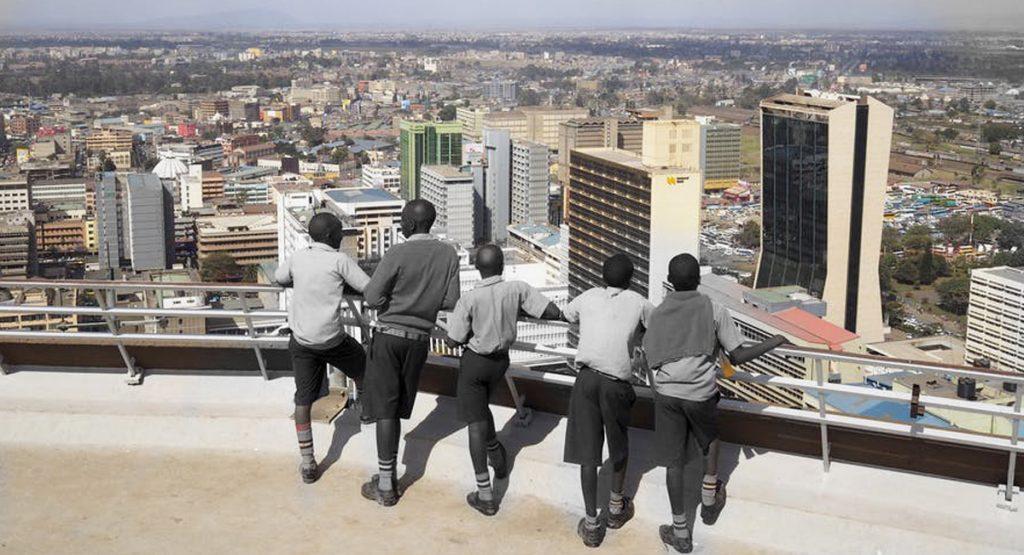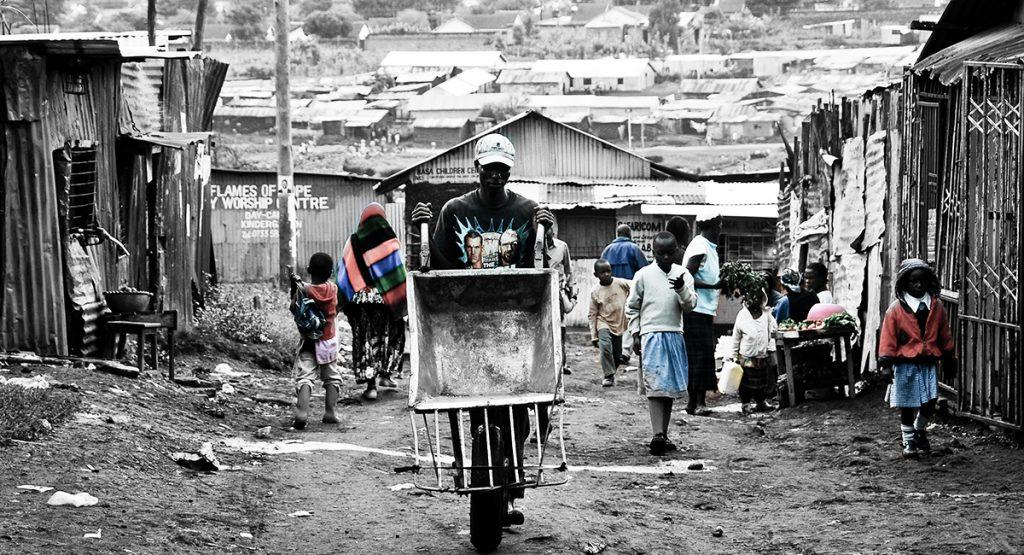By Ian Juma
On May 29th 2024, South Africans will embark on a pivotal journey as they head to the polls for the country’s seventh democratic general election since the historic end of apartheid in 1994. This election stands out with a groundbreaking shift as for the first time, independent candidates will grace the ballot, thanks to the landmark Electoral Bill that became law on April 17, 2023. Voters will elect representatives to both the national and provincial parliaments, with seats in the 400-member National Assembly proportionally allocated based on each party’s share of the vote.
This upcoming election promises to be unmatched, with 70 political parties and 11 independent candidates vying for power. This scramble for power has left the ruling party vulnerable and the opposition fragmented, as all parties grapple with the risk of dwindling support. The stakes are high, with the main contenders being the ANC led by President Cyril Ramaphosa, the Democratic Alliance (DA) with John Steenhuisen, and the Economic Freedom Fighters (EFF) under Julius Malema, each fiercely competing in this hotly contested race.
Since taking office from Jacob Zuma (who was barred from running for presidency in the upcoming elections), President Cyril Ramaphosa’s administration has come under intense scrutiny, stemming from high unemployment rates, economic inequalities, corruption allegations, and power cuts, which have significantly diminished the ANC’s popularity in South Africa. Concurrently, elevated levels of violent crime have further eroded public confidence in the ruling government, especially among the youth. This aspect is evident in surveys showing a loss of faith in the government’s performance, leading many young South Africans to seek opportunities beyond national borders.
As these challenges persist, opinion polls suggest the ANC might lose its long-held majority status for the first time in three decades. Despite these vulnerabilities, the ruling party maintains that it is still addressing most of the problems faced by its citizens and urges the electorate not to overlook the gains the ruling party has made since the end of apartheid back in 1994, such as better access to healthcare and improved housing.
Despite these issues, there is a sense of anticipation among South Africans as they approach the ballot. The nation is united in its desire to address pressing issues like unemployment and economic prosperity. Many view the election as a crucial opportunity for the nation to tackle inequality and corruption problems and set a new trajectory for the nation, restoring trust in the government and paving the way for meaningful change. As South Africa stands on the brink of the May 2024 elections, it finds itself at a defining moment in its democratic journey since the abolishment of apartheid . The decision between maintaining its current standing point and embracing change rests in the hands of the voters. In spite of the uncertainties, there is a shared optimism that South Africa can emerge stronger from all its setbacks.



